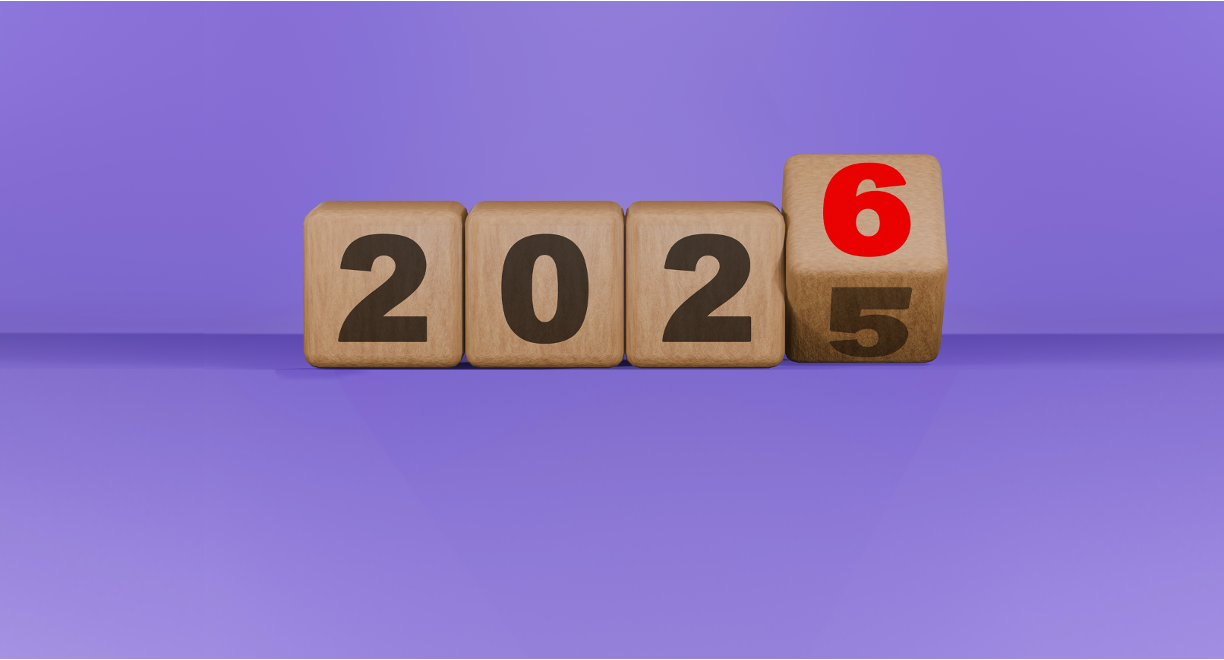PPC (Pay-Per-Click) and SEO (Search Engine Optimisation) are both ways of driving traffic to websites. Each has its own advantages and disadvantages, depending on business goals, budget, and timeframe. Here we compare both approaches:
What is PPC (Pay-Per-Click)?
PPC is a form of digital advertising where businesses pay each time someone clicks on their ad. Search engines like Google, Safari and Bing and social media channels such as Facebook, LinkedIn and TikTok are commonly used for PPC campaigns.
What are the Pros of PPC?
- Immediate Results: Ads go live almost instantly after approval, driving website traffic immediately.
- Highly Targeted: You can target specific demographics (age, location, interests) and even specific search terms.
- Scalable: Campaigns can be scaled based on budget and performance. Visibility is maintained for as long as payment is made.
- Full Control: You have more control over where and when your ads appear.
- Visibility for New Websites: PPC works really well for new sites that don’t yet have organic rankings.
- Measurable ROI: PPC platforms offer detailed metrics to track conversions, clicks, and return on investment (ROI) in real time.
What are the Cons of PPC?
- Cost: PPC can be expensive, especially for competitive keywords. Costs rise over time as competition increases.
- Short Term: Once you stop paying, the traffic stops immediately.
- Ad Fatigue: Users may become “blind” to repetitive ads, lowering clickthrough rates (CTR) over time.
- Learning Curve: Effectively managing campaigns requires expertise and can be complex (bidding strategies, ad formats, A/B testing).
- Click Fraud: Competitors or bots may click your ads maliciously, wasting your budget.
What is SEO (Search Engine Optimisation)?
SEO is the process of optimising your website to improve its organic (unpaid) ranking in search engines. There are various components to SEO, including optimising content, improving site structure, and building backlinks (links from other websites which improve the domain authority of the website being linked to).
What are the Pros of SEO?
- Long Term ROI: Once established, organic traffic can be sustainable and cost effective in the long run.
- Credibility and Trust: Users trust organic results more than ads. High rankings are seen as being more credible.
- No Direct Cost for Clicks: You don’t pay for clicks, meaning the traffic is essentially “free” once rankings are achieved.
- Sustainable: Unlike PPC, organic rankings don’t disappear once you stop spending money, although they require maintenance by continuing to add relevant website content.
- Brand Awareness: Ranking well for keywords increases brand visibility across relevant searches.
- User Experience: SEO often involves improving the overall site experience, which benefits user satisfaction and conversion rates. The result can be that website visitors stay on the site for longer and visit multiple pages.
What are the Cons of SEO?
- Slow Results: It can take months (or longer) to see noticeable improvements in rankings and traffic.
- Algorithm Dependency: SEO strategies are subject to frequent changes in search engine algorithms, meaning rankings can fluctuate unpredictably.
- Competitive: Highly competitive keywords can be very difficult to rank for, especially for new or small websites.
- Ongoing Effort: SEO requires continuous work—regular content updates, link building, and technical optimisations.
- Limited Control: You have less control over where you appear in search results compared to PPC. Search engines determine your rank based on their algorithms.
- Technical Knowledge: Effective SEO requires knowledge of both on-page and off-page techniques, along with technical SEO.
PPC and SEO Comparison at a Glance
| PPC | SEO | |
| Cost | High (you pay for each click) | No direct cost per click, but requires investment in specialist resources |
| Time to Results | Immediate | Long-term (3-6 months or longer) |
| Sustainability | Ends once you stop paying | Sustainable but requires ongoing effort |
| Control | Full control over placement | Less control; potential fluctuations depending on search engine algorithms |
| Best For | Short-term gains, promotions, new websites | Long-term traffic and brand authority |
| Targeting | Highly customisable (location, demographics) | Based on keywords and search intent |
Which to Choose: PPC or SEO?
- For immediate results or short-term campaigns: PPC is ideal.
- For long-term growth and credibility: SEO is the better option.
Many businesses with deep enough pockets combine both PPC and SEO to maximise their online visibility and balance short-term and long-term goals.
Looking for help with digital marketing for your business? Why not get in touch with us?



